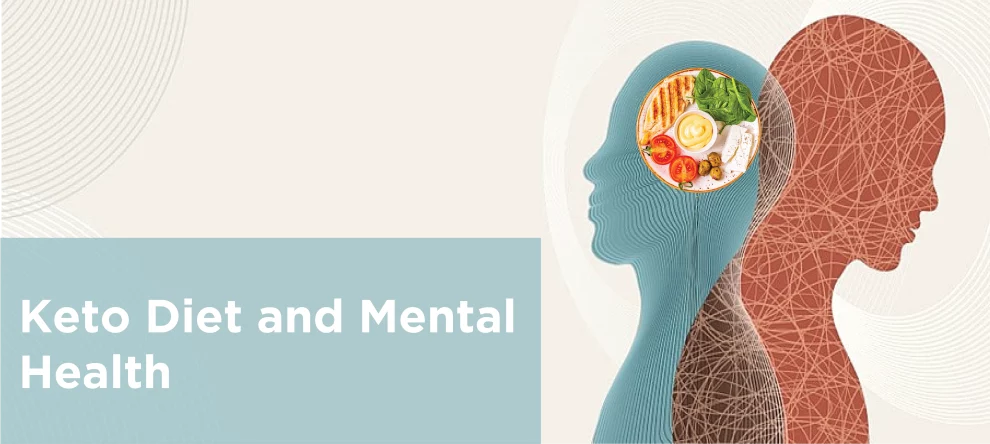In recent years, the ketogenic diet has gained significant popularity for its potential benefits in weight loss and overall health improvement. However, a new aspect of its impact is emerging – its potential effects on mental health. Dr. Chris Palmer, a renowned psychiatrist, has been delving into this intersection between the keto diet and mental well-being, shedding light on some intriguing findings.
Understanding the Keto Diet
Before delving into its potential effects on mental health, let’s briefly understand what the ketogenic diet entails. The keto diet is a high-fat, low-carbohydrate eating plan designed to induce a state of ketosis in the body. Ketosis occurs when the body switches from using glucose as its primary fuel source to burning fat for energy. This metabolic state is believed to offer various health benefits, including weight loss, improved blood sugar control, and enhanced mental clarity.
Dr. Chris Palmer’s Research
Dr. Chris Palmer, a psychiatrist at Harvard Medical School, has been exploring the therapeutic potential of the ketogenic diet for individuals with mental health disorders. His research has focused on conditions such as depression, bipolar disorder, schizophrenia, and Alzheimer’s disease. According to Dr. Palmer, there is growing evidence suggesting that the ketogenic diet may offer benefits beyond just physical health.
The Link Between Diet and Mental Health
Traditionally, the connection between diet and mental health has been overlooked in mainstream psychiatry. However, emerging research is challenging this notion, highlighting the significant impact of nutrition on brain function and mood regulation. Dr. Palmer’s work builds upon this growing body of evidence, suggesting that dietary interventions like the ketogenic diet could play a crucial role in mental health treatment.
The Science Behind It
So, what exactly is the science behind the ketogenic diet’s potential benefits for mental health? One theory revolves around the impact of ketones, the byproducts of fat metabolism that are elevated during ketosis. Ketones have been shown to possess neuroprotective properties, promoting brain health and resilience against neurological diseases. Additionally, the keto diet’s ability to stabilize blood sugar levels and reduce inflammation may also contribute to its positive effects on mental well-being.
Clinical Implications and Future Directions
While the research into the ketogenic diet’s effects on mental health is still in its early stages, the findings so far are promising. Dr. Palmer believes that incorporating dietary interventions into psychiatric practice could revolutionize mental health treatment, offering new avenues for patients who may not respond to traditional therapies. However, more large-scale clinical trials are needed to fully understand the diet’s potential benefits and its optimal application in psychiatric care.
Conclusion
In conclusion, the relationship between diet and mental health is a burgeoning area of research, with the ketogenic diet emerging as a potential therapeutic tool. Dr. Chris Palmer’s work underscores the importance of considering nutritional interventions in mental health treatment and highlights the promising benefits of the ketogenic diet for conditions ranging from depression to Alzheimer’s disease. While further research is warranted, the evidence so far suggests that what we eat may indeed impact not only our physical health but also our mental well-being.

























Add Comment